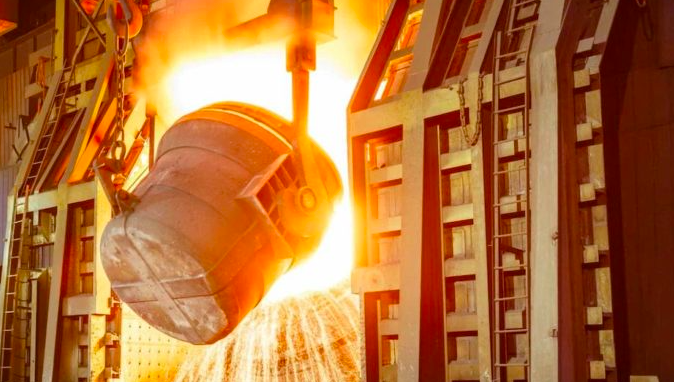Three weeks ago India seemed to be minded to comply with EU emission regulations applied to imports – now it appears the world’s most populous country is looking to fight European law by protesting at the World Trade Organisation meeting later this month. It is accusing the EU of restricting global trade.
India plans to protest the European Union’s proposed carbon tax on imports of steel, iron ore and cement at the next meeting of World Trade Organization (WTO) in the UAE later this month, saying it would emerge as a new trade barrier, two government have told Reuters.
New Delhi, along with South Africa and other like-minded countries, is planning to push its demand to rein in the European Union’s unilateral measure at the WTO’s Ministerial Conference, to be held in Abu Dhabi from February 26 to 29, senior government officials said.
“Any unilateral measures taken to combat climate change should not constitute a means of arbitrary or unjustifiable discrimination or disguised restriction on global trade,” one of the government officials, with direct knowledge of WTO discussions, told reporters on Wednesday.
India had earlier decided to file a complaint in the WTO over the EU’s proposal to impose 20-35% tariffs on imports of high-carbon goods like steel, iron ore and cement, while raising the issue with EU officials in bilateral meetings.
This appears to be quite a dramatic u-turn by the Indian government, which appeared to be keen to comply with new EU emission regulations. Just three weeks ago India’s government and trade chiefs have confirmed they will be talking with EU leaders within weeks to understand how it can comply and remain competitive by aligning its domestic market with tough EU emissions regulations.
On January 24 this site reported ‘India seeks to align domestic carbon market with EU’: “The EU Emissions Trading System (EU ETS) is the most ambitious in the world as the European trading bloc seeks to cut dramatically emissions. Imports from abroad face tough penalties if they do not meet requirements. India has this week said it wants to negotiate with Brussels to ensure minimal damage to its exports.”
Some analysts say this is a positive for India as the country is forecast to undergo huge growth in manufacturing over the next decade and the EU regulations may focus investors and see the country meet robust environmental standards, which it my not have valued so highly in the drive to meet growth targets.
The ETS scope is enormous affecting everything from shipping or aviation emissions for delivery right through to the climate affects during production of raw materials used in manufacturing. Its successful steel sector is believed to be one of the prime discussion points.





